The Escalation of Israeli Collective Punishment of Palestinians
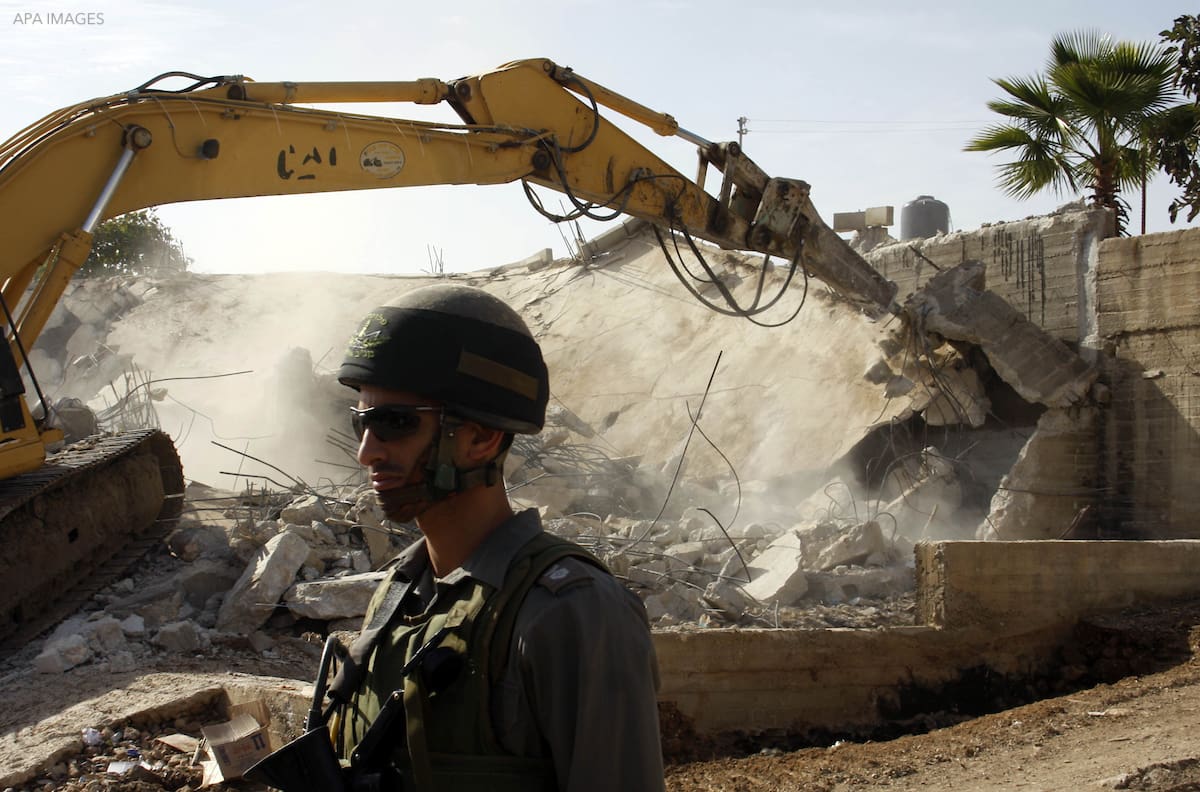
Israel has wielded collective punishment against the families of alleged Palestinian attackers since the military occupation began in 1967, but measures such as forcible transfer, home demolitions, and economic warfare have increased over the past several years. Al-Shabaka guest contributor 24498 tracks this surge and suggests possibilities for countering Israel’s expanding use of such tactics, which violate international law.
Palestine and the Israel-Saudi Arabia Alliance
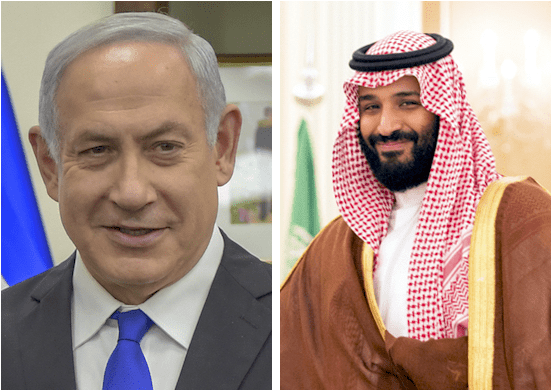
Israel’s sale of Pegasus software to Saudi Arabia, which it used to surveille Jamal Khashoggi before his October 2018 murder, brought relations between the two states into the public eye. Al-Shabaka spoke with analyst 24428 about what the Israeli-Saudi alliance means for Saudi Arabia, Palestine, and the Palestinian struggle for rights, and what Palestinians can do to counter it.
Abbas and the Farce of Palestinian Democracy
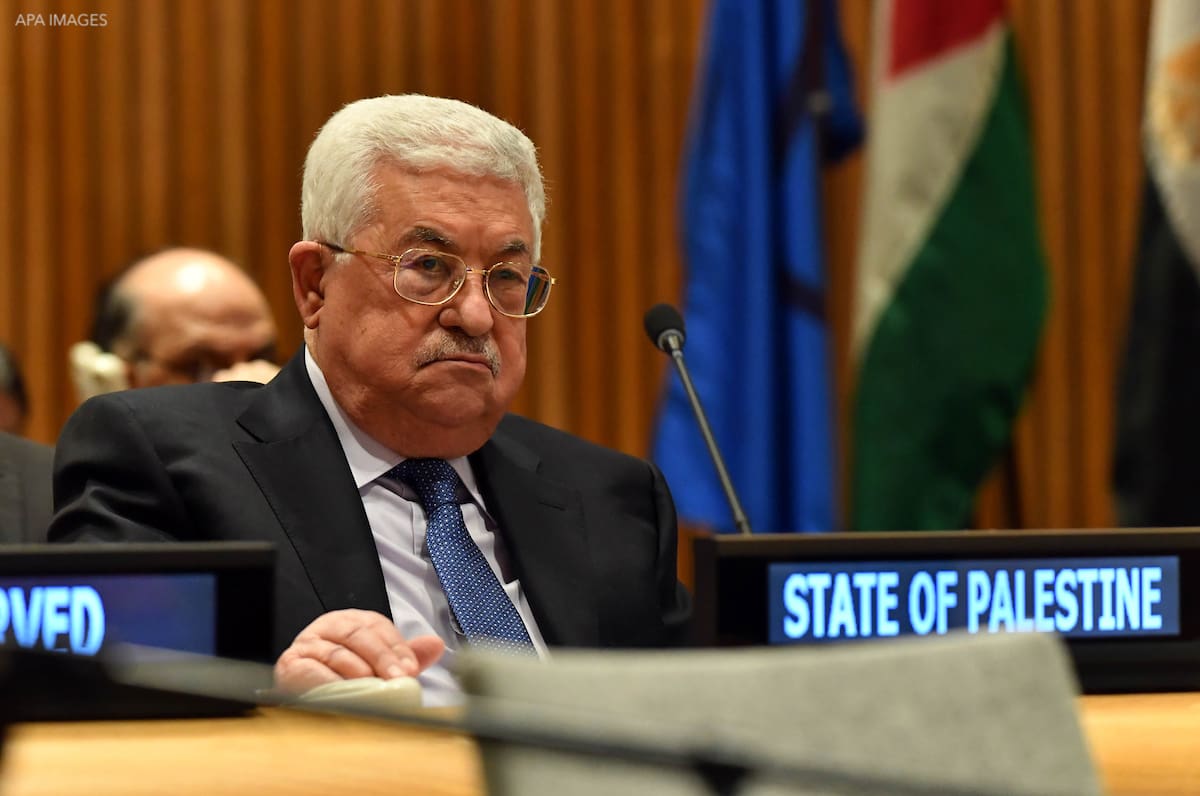
What’s behind Palestinian Authority President Mahmoud Abbas’ recent dissolution of the Palestinian Legislative Council? Al-Shabaka Palestine Policy Fellow 24588 analyzes the move, uncovering likely motives and consequences in light of Abbas’ broader grip on power, and proposes ways to increase Palestinian democratic space.
Neopatrimonialism, Corruption, and the Palestinian Authority: Pathways to Real Reform
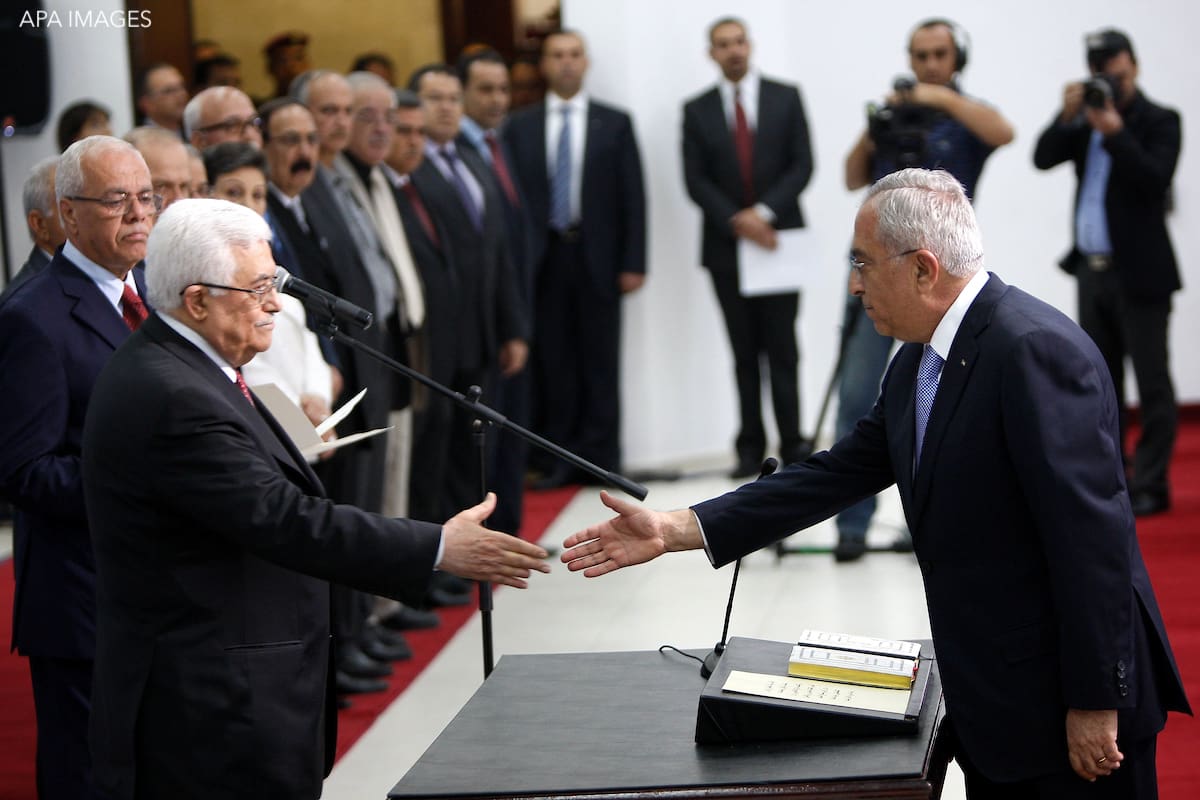
Overview Palestinians recently ranked corruption as the second largest problem they face after the economic crisis – higher than the Israeli occupation, which ranked third. Indeed, Palestinians generally view Palestinian Authority (PA) officials as a self-serving, elitist group disconnected from the Palestinian national struggle and the daily sufferings of the people. Such perceptions are fostered […]
The EU and Jerusalem: The Potential for Pushback
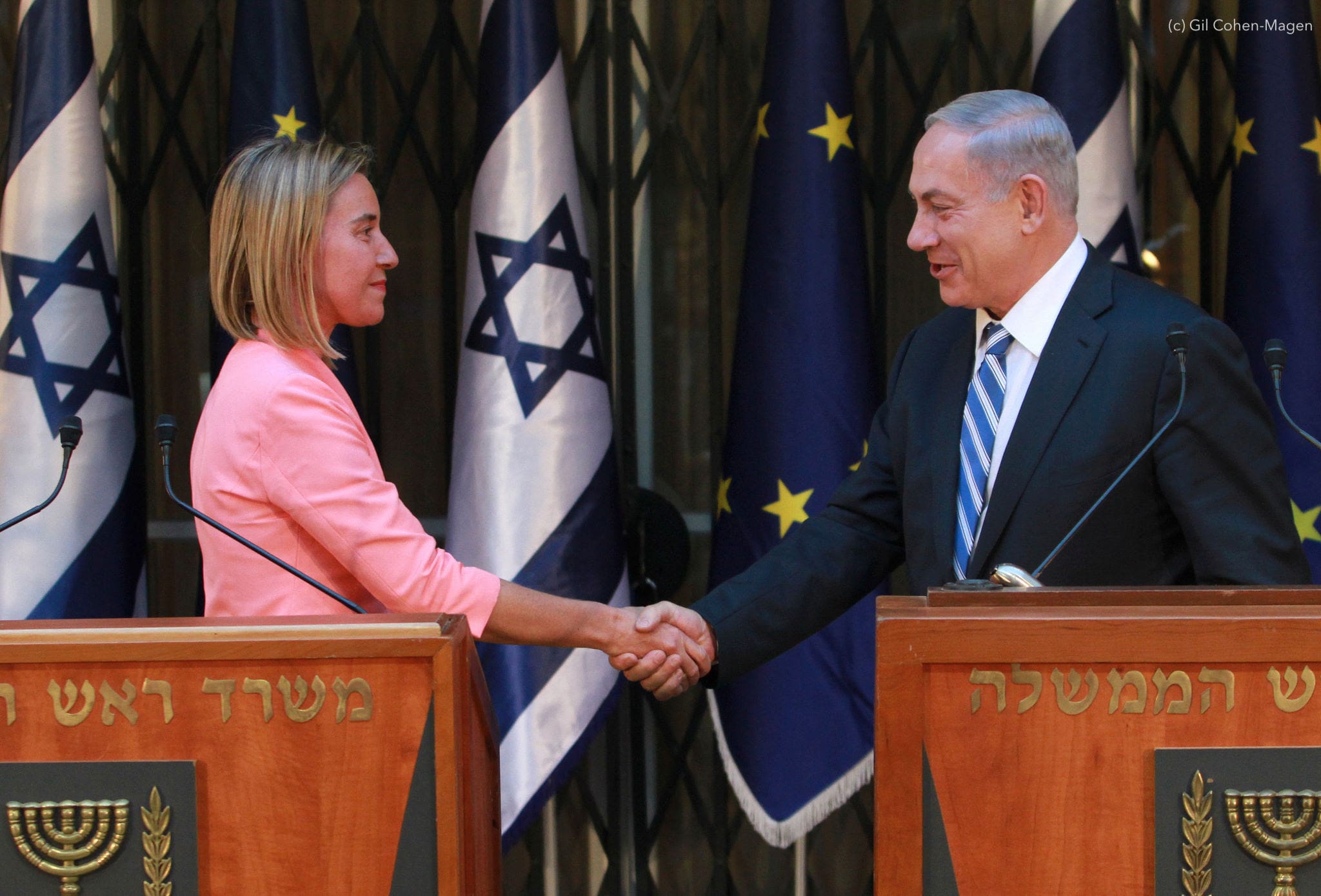
Though the EU routinely fails to transcend statements of condemnation and implement international law regarding Palestinian rights, there is potential for it to hold Israel to account. In light of the US embassy move, Al-Shabaka’s 24588 considers the status of Jerusalem and offers ways the EU can induce Israel to respect the rights of the city’s Palestinian inhabitants.
Australia and Palestine-Israel: The Threat of the Far Right
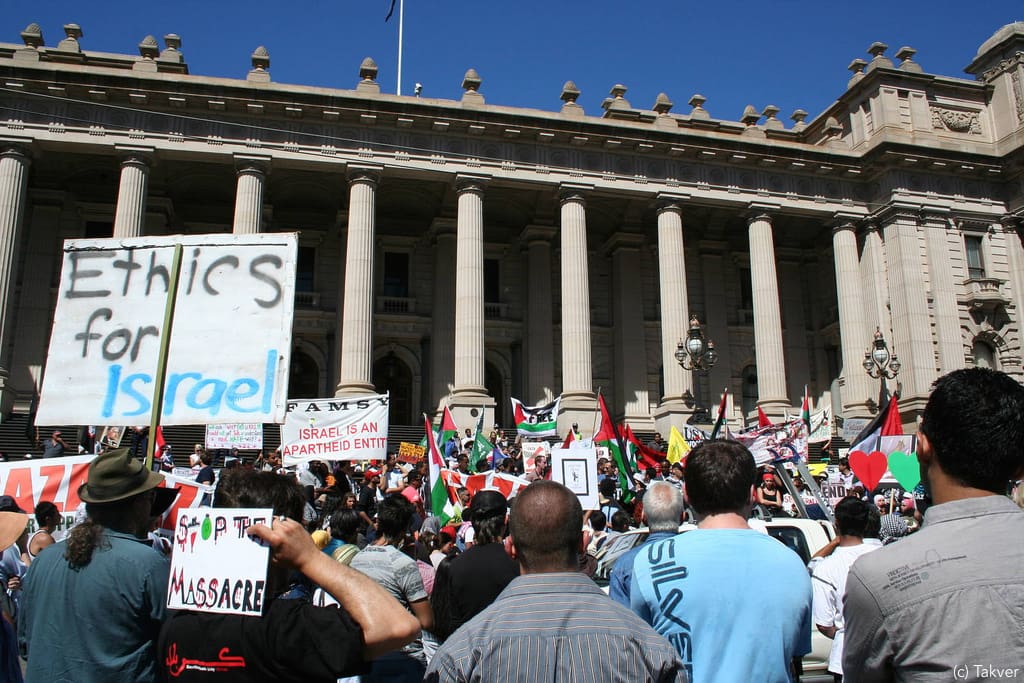
Australia recently voted against the UN resolution elevating Palestine’s status in the body and is considering moving its embassy to Jerusalem. While these acts may cause little surprise as the country’s policy has always leaned pro-Israel, Al-Shabaka Policy Analyst 24517 examines how Australia’s ruling party has moved further to the right and recommends ways to impede this trajectory.
Dark Money: Palestine, Mega Donors, and the 2018 Midterm Elections
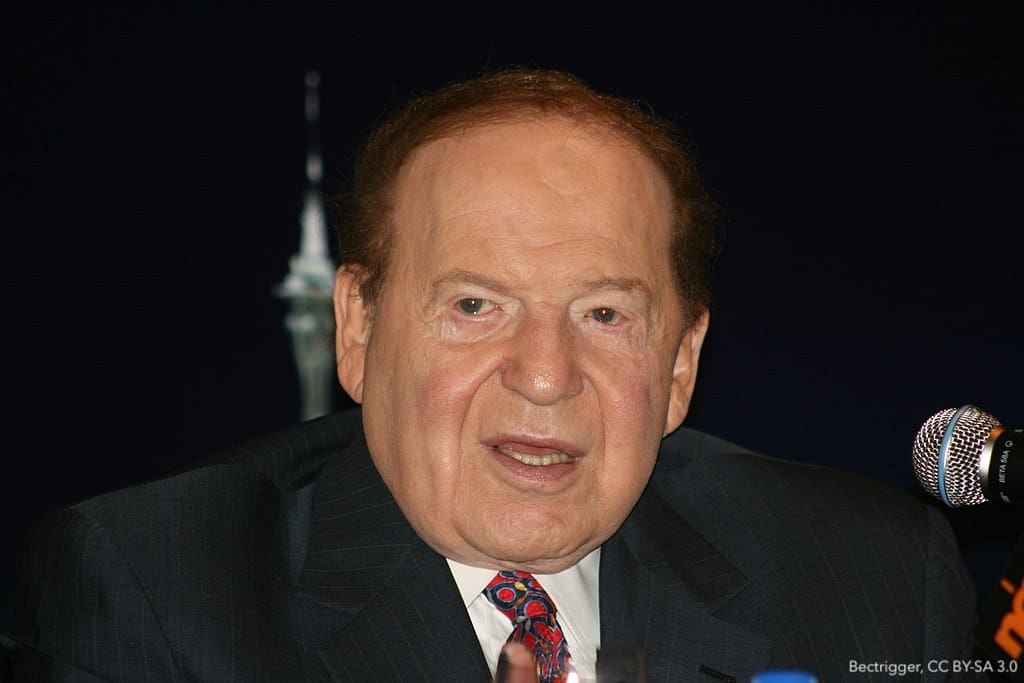
The impending US mid-term elections are expected to be the most expensive in American history, with Republicans and Democrats continuing to rely on pro-Israel mega donors like Sheldon Adelson and Haim Saban. Al-Shabaka Policy Analyst Osamah Khalil examines these donors’ outsized influence on campaigns and policy and recommends ways for Palestinian activists and allies to counter their sway.
Focus On: 25 Years of Oslo
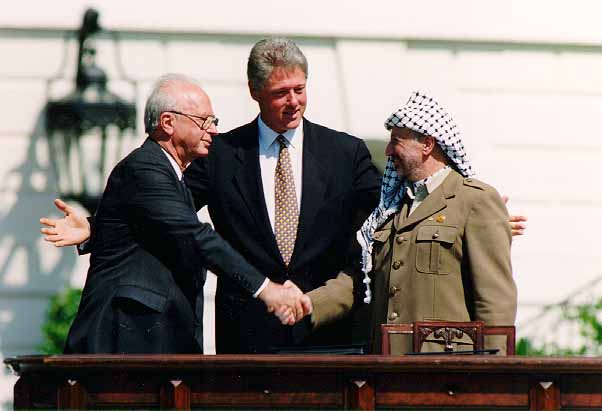
In this compilation Al-Shabaka’s top analysts dissect the Accords’ political and economic dimensions and discuss their repercussions for Palestinians while also providing recommendations on ways forward.
Reclaiming the Political Dimension of the Palestinian Narrative
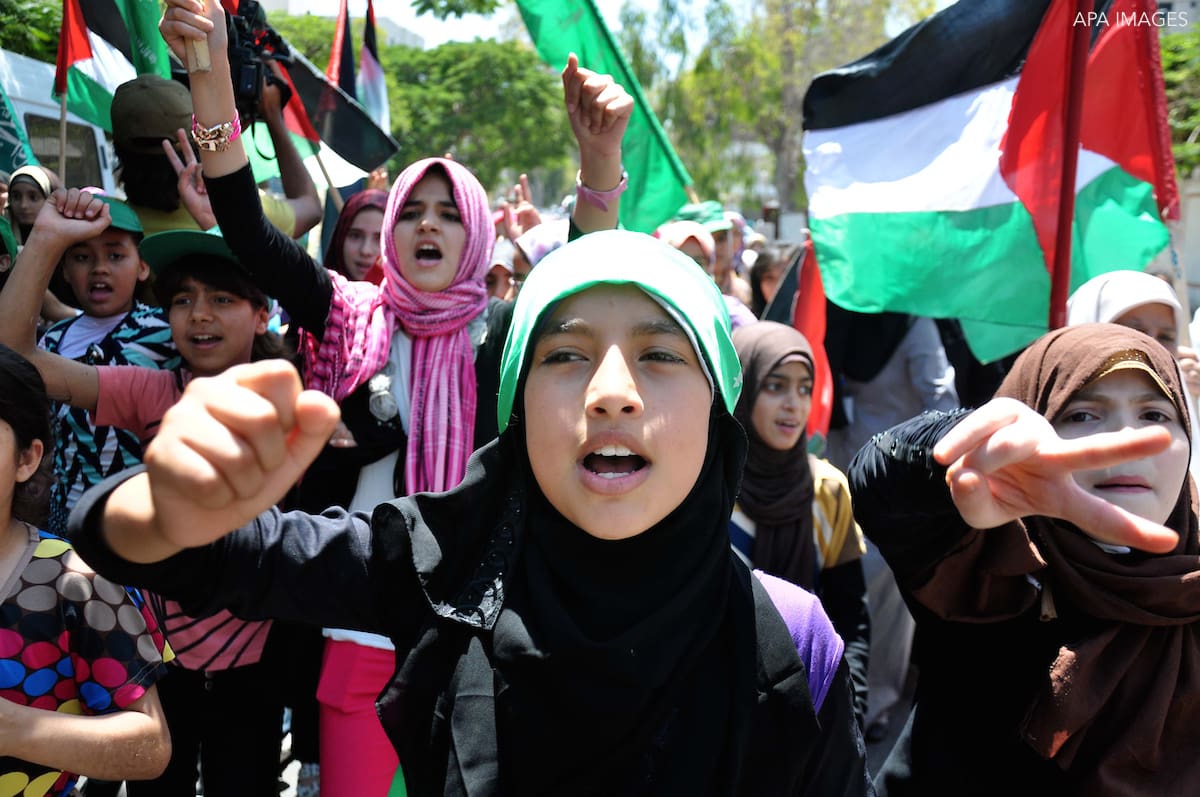
Editor’s Note: This piece launches Al-Shabaka’s Narrative and Discourse Policy Circle, in which a team of Al-Shabaka policy analysts are working together across borders to tackle the question of whether Palestinians should have a sole, legitimate narrative and, if so, what it should be. An Al-Shabaka policy circle is a specific methodology to engage a group of analysts […]







